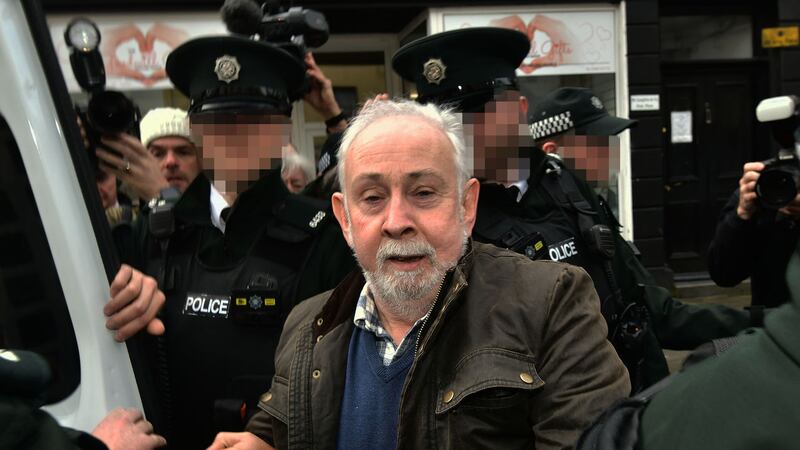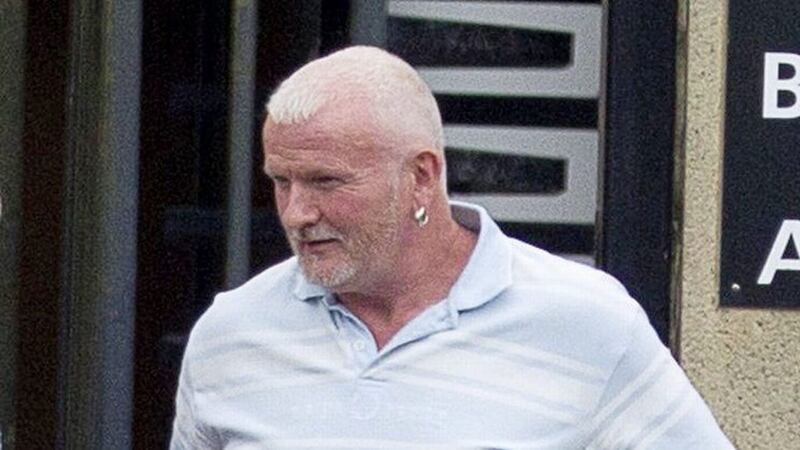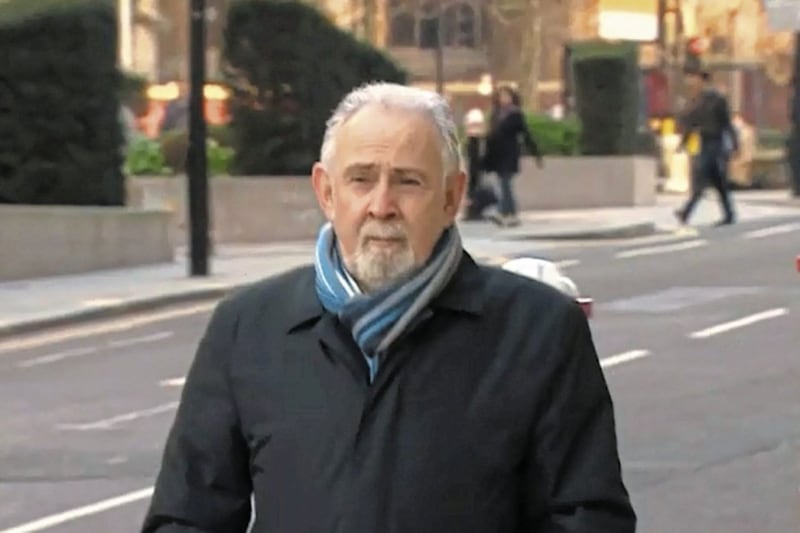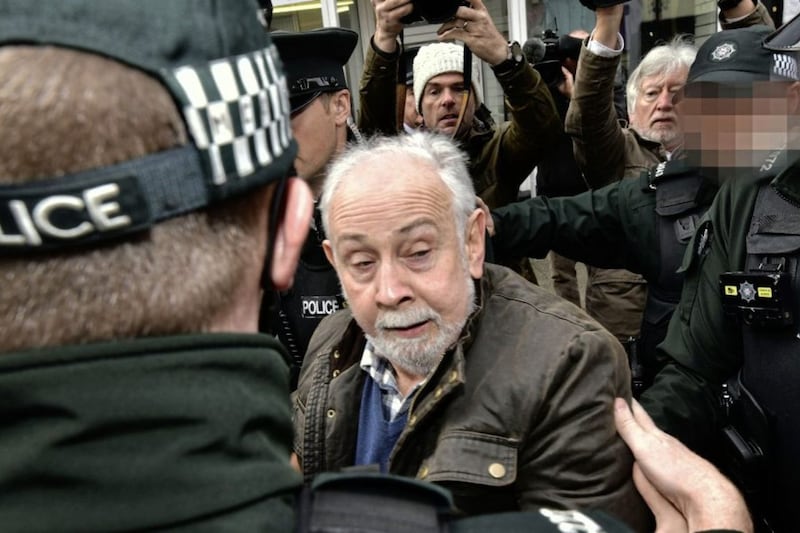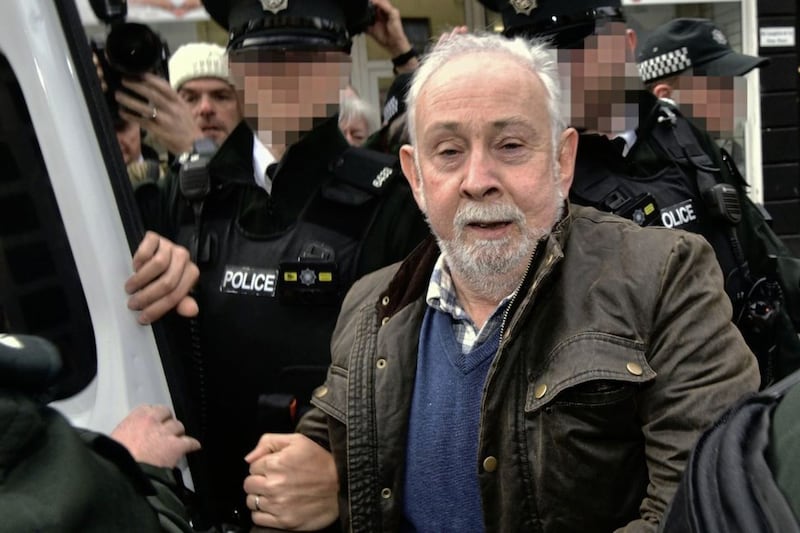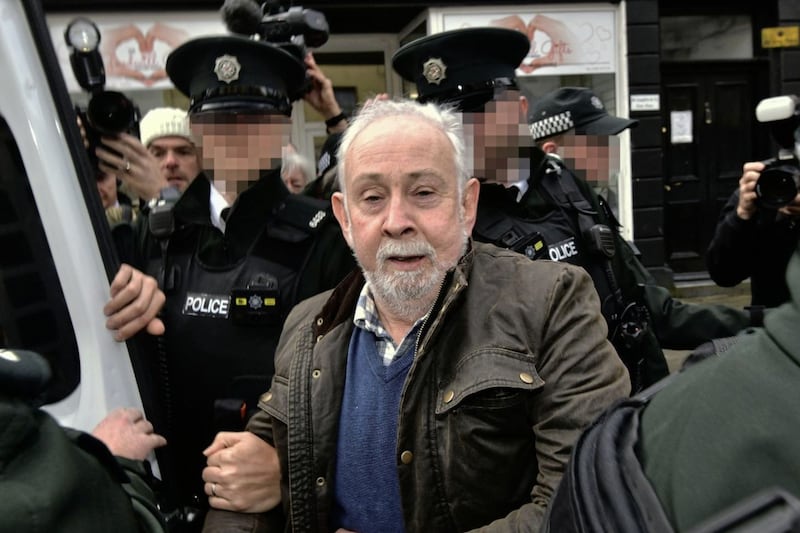A man being prosecuted for the murder of two soldiers in the north has been refused bail.
John Downey, accused of the murders of two UDR soldiers in August 1972 and a further explosives charge, was extradited to Northern Ireland after being arrested in the Republic.
The soldiers died in a car bomb attack in Co Fermanagh.
Lance Corporal Alfred Johnston, a father of four, and father-of-three Private James Eames died when a device exploded in a car they were checking on the Irvines-town Road, Cherrymount, Enniskillen.
Downey handed himself in to Letterkenny Garda Station on Friday after he lost an appeal to challenge his extradition in July this year.
The 67-year-old appeared at Omagh Magistrates Court on Saturday morning in front of District Judge Michael Ranaghan.
Downey appeared in the dock flanked by a police officer, while his family sat in court and gestured to him.
PSNI Detective Chief Inspector John Caldwell told the court: “Police object to bail for the defendant on the grounds that he is a flight risk.
“The defendant did not consent to be extradited and appealed to High Court in Dublin.”
Mr Caldwell went on to list the number of hearings Downey had gone through to fight extradition in the Republic of Ireland, before stating: “In light of all of this, police are of the view the defendant doesn’t want to face trial in Northern Ireland.”
Samuel Magee QC, prosecuting, said Brexit could also pose a challenge in the case. He told the court: “Mr Downey has challenged extradition all the way.
“In police custody last night we got the defendant’s passport which he brought with him, however, he could easily leave and go to the Republic and with all the uncertainty around Brexit, that could frustrate the justice process.”
But Downey’s barrister Michael Duffy said the accused is not a flight risk as he has nowhere else to go.
He told the court: “First of all, this is a 67-year-old man, he’s married with children, there are no issues in relation to this man not complying with all conditions.
“There’s nowhere this man can go, his family are grounded where he lives, and has lived all his married life, he is a man of ill health with chronic conditions, and that should be taken into consideration.
“There is no evidence the accused has committed any actual act in the 47 years since the alleged crime.”
Mr Duffy added that by appealing against his extradition, Downey was justifiably engaging with the legal process.
Mr Ranaghan agreed, adding: “Human rights are there for a reason.”
Mr Duffy concluded any trial would be a lengthy and complicated one, adding it would be an “affront to justice” not to grant bail.
Mr Ranaghan took a recess in his chamber for several minutes before making his decision, and then said: “On the other side of the coin, the charge couldn’t be more grave. I am conducting a risk assessment here in the circumstances, and I find he is a flight risk, and so I do refuse bail.
He told Downey he has the right to appeal the decision.
After the hearing, Downey was transferred from the court to a waiting police van.
Crowds shouted support for the accused, before a scuffle ensued between them and police officers after PSNI had attempted to move supporters and the press from the road.
